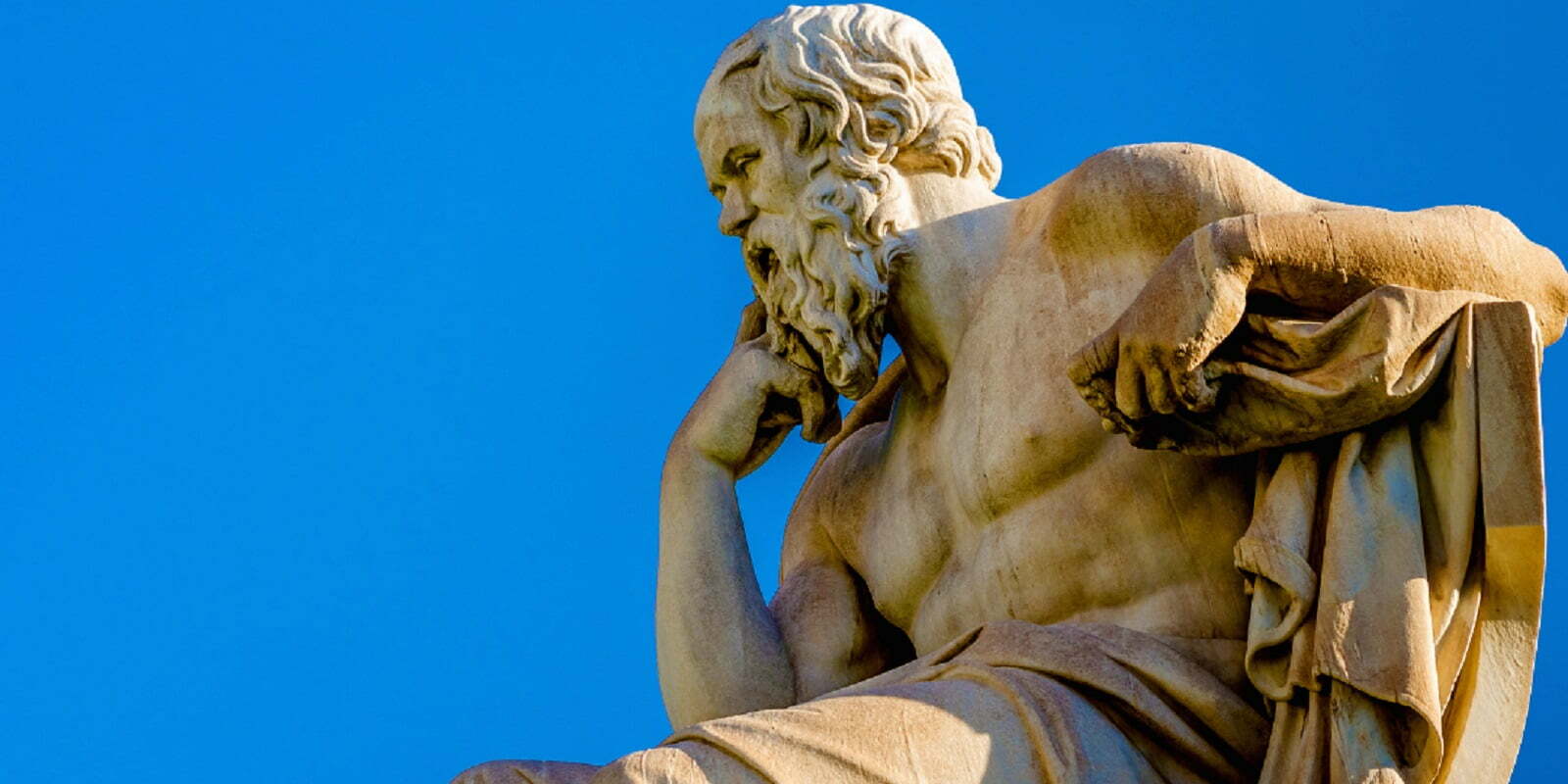
Ethic (Philosophy of Ethic)
The doctoral course in moral philosophy is a new discipline that is offered for the first time in the educational system of the Islamic Republic of Iran. The purpose of holding it is to enable talented students to analyze and criticize the philosophical foundations of moral views and also to explain the pleading for the philosophical foundations of Islamic ethics. Launching this course is a step towards reviving practical wisdom and enriching philosophical thought in the field of practice.
Moral philosophy includes discussions of ethical and meta-ethical theories and ethical theories seek to discover moral norms. Meta-ethics also deals with the analysis of moral principles and talks about important issues such as the nature of moral attributes, the way to acquire moral knowledge, the application and relativity of moral values that appear to be justified. Like theoretical philosophy (theology), practical philosophy (ethics) can contribute to the enrichment of religious thought.
What adds to the importance of moral philosophy in the new era is the deep problems that have arisen in various areas of human life, such as interaction with the environment, medicine, and information technology, and have made it necessary to review the foundations of many ethical views.
The duration of the doctoral course in moral philosophy is four years, which can be extended up to two semesters if necessary and with the proposal of the supervisor and the approval of the group. Students must complete and defend their thesis within the mentioned period.
Doctoral program of “Philosophy of Ethics” includes 36 units of which 14 units are specialized courses, 4 units are optional courses and 18 units are thesis. Specialized courses will include “moral realism”, “moral epistemology” and “moral relativism”, “moral reasoning”, “natural law”, “moral psychology” and…
Also, courses such as “ethics of virtue”, “profiteering”, “the role of religion in ethics” and “gender and ethics” are optional courses.
- Total cost of the course for Iranian students who are admitted through the national entrance exam or internal university exam (2021-2022): 18 million tomans (The fee covers the student’s educational costs and does not include living expenses such as food and accommodations.
- Total cost of the course for Iranian students who are admitted through the national entrance exam or internal university exam (2021-2022): 4 thousand dollars (The fee covers the student’s educational costs and does not include living expenses such as food and accommodations.
The applicants must submit the following items to apply to the on-campus master’s programs of the University of Religions and Denominations:
- A completed application form.
- An electronic copy of the passport or a valid residence permit.
- An electronic copy of the high school diploma and bachelor’s degree or their equivalent and a certified Persian, English, or Arabic translation of the transcripts.
- The original high school diploma and bachelor’s degree or their equivalent and a certified Persian, English, or Arabic translation of the transcripts.
- One recently taken photo of the applicant, size 30x40mm.
- Applicant’s CV indicating education and work experience (optional).
By clicking on the “Apply now” button next to each program, you will be transferred to the registration portal, where you can upload and submit your application documents. Your application will not be complete until all the required items are submitted.
